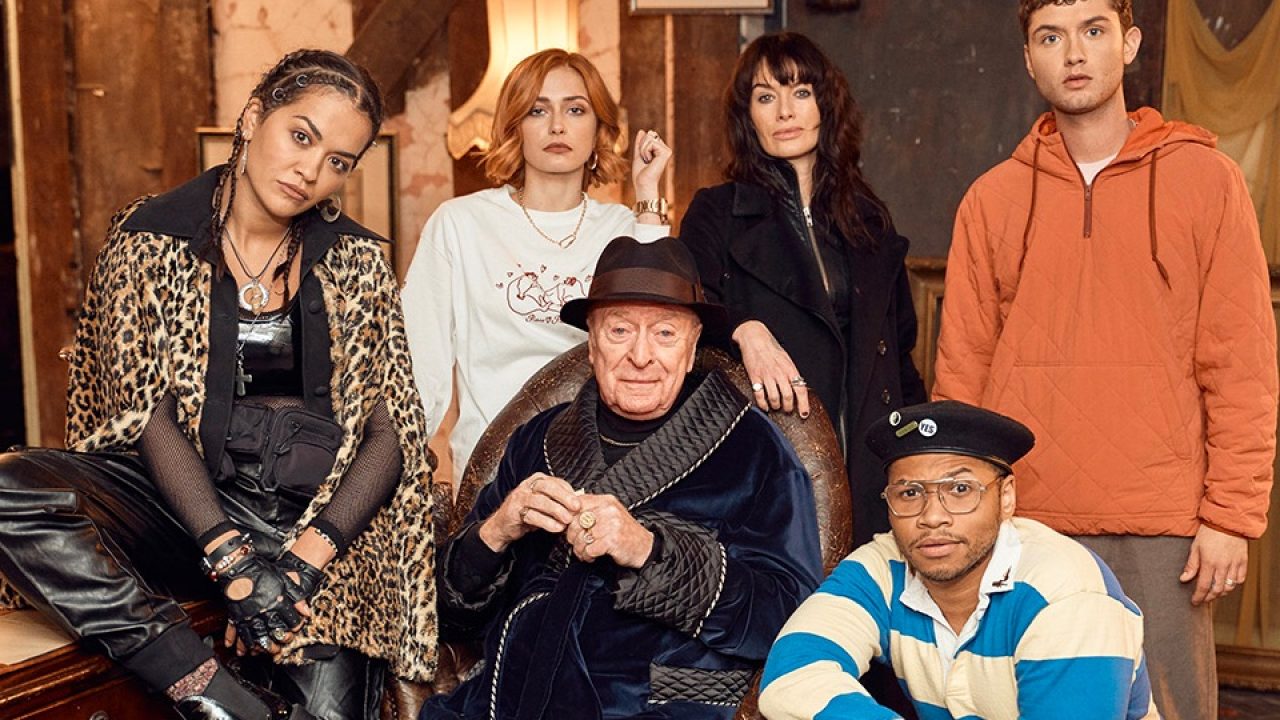The Loneliest Boy in the World
by Daniel Baldwin
Oliver has had a rough go of it. He’s lived in isolation for the bulk of his life. His father has long since passed away and his mother died recently in a freak accident. If that weren’t enough, he just got out of a stint in an asylum and is likely to be headed back there if he cannot prove to his caseworkers that he can function properly on his own. In short, Oliver needs to make new human connections. He needs a friend.
So he digs a few up. Literally. Against all odds, his newfound, freshly-deceased pals come to life and attempt to help the poor boy get his life in order. If there is an answer to the question “What do you get when you throw Tim Burton, Wes Anderson, and a pinch of John Waters into a blender?”, the answer is The Loneliest Boy in the World.
An intriguing list of ingredients, no? Unfortunately, the parts are far greater than their sum. The cast is largely comprised of British characters actors, and they do their darnedest to (pardon the pun) liven things up, but the premise is stretched too thin, even at 90 minutes. Gags that might have been funny in smaller doses often become interminable and there’s an unfortunate amount of repetition at play. In the end, it feels like a script for a 30-minute short that’s been padded to triple that length.
There are some positives, however. Max Harwood is charming as our quirky lead and Tallulah Haddon is adorable as his would-be first living friend. Alex Murphy and Hammed Animashaun make for a fun pair of oddball cemetery caretakers.
Of course, the film’s greatest feature is the flashback sequence revealing the accidental death of Oliver’s mother. The event is so sweetly dark in its humor that it makes one wish the rest of the film had kept to a similar tone.
Kudos to director Martin Owen and writer Piers Ashworth for trying a new recipe. The flavor profile didn’t quite come together, but that’s always the risk when one takes wild swings. If you like quirky genre-bending comedies where undead folks watch ALF together and have heart-to-hearts with their human pal, this might still do it for you. Otherwise, you might not want to exhume this one.



